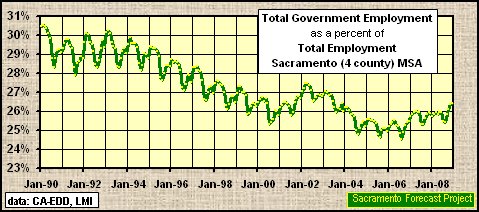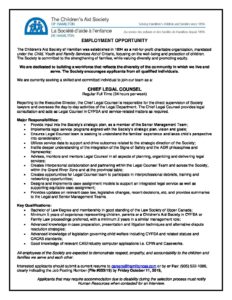Background
In May 2020, the Government of Ontario first introduced O. Reg. 228/20: Infectious Disease Emergency Leave (the “Regulation”) under the Employment Standards Act, 2000 (the “ESA”). The Regulation provided employers with temporary relief from the notice of termination and severance pay obligations under the ESA during the COVID-19 period. The Regulation first defined the COVID-19 period as March 1, 2020 to September 4, 2020, but this has since been extended a total of five times.
During the COVID-19 period, a non-unionized employee was deemed to be on an unpaid infectious disease emergency leave (“IDEL”) if their employer had temporarily reduced or eliminated their hours of work or temporarily reduced their wages because of COVID-19. In other words, such acts that would otherwise constitute a constructive dismissal would not be considered as such.
Deemed IDEL Comes to an End
As of July 30, 2022, however, non-unionized employees can no longer be deemed to be on an IDEL. Consequently, the ESA’s regular rules around constructive dismissal have resumed. That is, when an employer makes a significant change to a fundamental term or condition of an employee’s employment without the employee’s actual or implied consent, i.e. by temporarily laying them off, this may be considered a constructive dismissal, even if it was done for reasons related to COVID-19.
Constructive Dismissals Post-Deemed IDEL
When deemed IDEL was in place, the question arose for the courts to determine whether an employer’s right to temporarily layoff its employees pursuant to the Regulation restricted an employee’s common law right to pursue a civil claim against their employer for constructive dismissal. In Coutinho v. Ocular Health Centre Ltd., the court determined that the Regulation did not affect the plaintiff/employee’s right to sue for constructive dismissal. But in Taylor v. Hanley Hospitality, the court found that the Regulation did displace the common law. The Regulation was introduced to help businesses survive during the pandemic by allowing them to temporarily layoff employees without the usual statutory liability as a consequence. Therefore, the court’s reasoning in Taylor was that if it had ruled in favour of Coutinho, i.e., to find that employers were still liable under common law, the Regulation would be counter-intuitive.
These contradicting decisions provided little guidance to employers relying on IDEL regarding their exposure to constructive dismissal claims at common law. However, as of July 31, 2022, this has become a moot point because non-unionized employees can no longer be on deemed IDEL. Doing so would put employers at a significant risk of constructive dismissal claims being brought against them under the ESA and at common law. As a result, employers should return to their pre-COVID-19 period practices regarding temporary layoffs and should add language to employment agreements that may allow temporary layoffs to occur under the common law.
Paid and Unpaid IDEL to Continue
While non-unionized employees can no longer be on deemed IDEL and the ESA’s regular rules around constructive dismissal have resumed, employers should note that unionized and non-unionized employees can still elect to take unpaid, job-protected IDEL if they are not performing the duties of their position because of specified reasons related to COVID-19. This leave is available to employees covered under the ESA and lasts for as long as the COVID-19 related reason that triggered it. Similarly, up until March 31, 2023, the ESA will continue to allow eligible employees to take up to three days of paid IDEL for specific reasons related to COVID-19.
Many thanks to Eloise Somera for her assistance with this blog.





More Stories
Will a review of Iran’s hijab law stop the protests? – HotAir
The Importance of How You Announce Your Company’s M&A Deal – KJK
Iran’s morality police dissolved, says prosecutor general